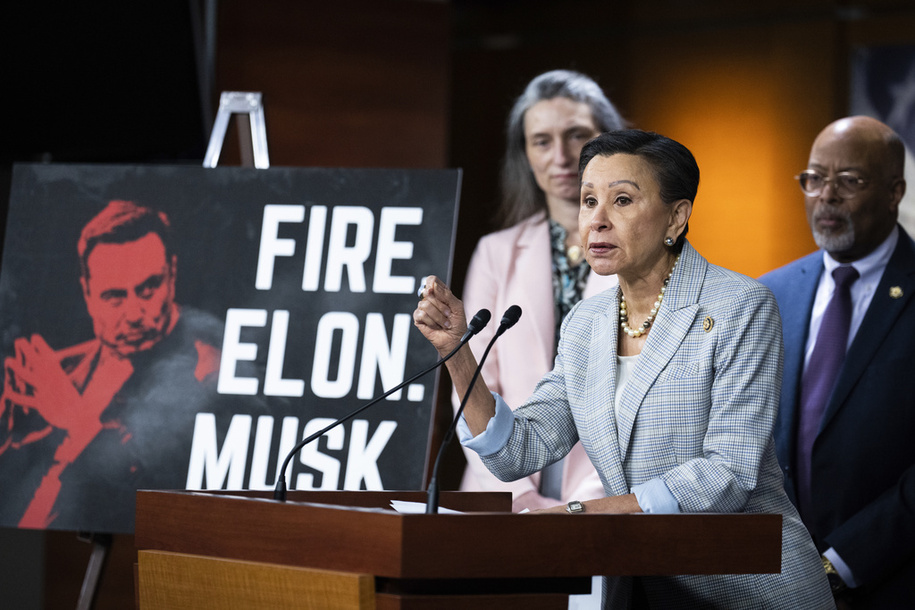The call for enhanced religious freedom in Africa is gaining momentum as a crucial strategy to prevent the emergence of new extremist groups. Advocates argue that fostering an environment of tolerance and respect for diverse beliefs can significantly contribute to global peace and stability.
The Role of Religious Freedom in Peacebuilding
Religious freedom is not merely an ideal; it is essential for the security and cohesion of societies. According to a report by the United Nations, nations that embrace diverse religious practices tend to experience lower levels of violence and terrorism. In Africa, where religious tensions have historically fueled conflict, the promotion of religious freedom could serve as a preventive measure against groups like Boko Haram and the Islamic State.
The United Nations has highlighted the alarming rise of extremist groups that exploit religious differences to justify violence. The interconnectedness of global terrorism means that threats in one region can resonate worldwide. A comprehensive approach that includes religious freedom as a core element could disrupt the cycle of violence and recruitment that sustains these organizations.
Historical Context and Current Challenges
Africa’s complex religious landscape includes a rich tapestry of beliefs, but it has also been marked by strife. In recent years, the actions of groups such as Al-Qaeda and its affiliates have demonstrated the devastating impact of religious intolerance. These organizations often thrive in environments where freedoms are restricted and grievances are left unaddressed.
A pivotal moment occurred on March 15, 2024, when an international summit focused on religious freedom brought together leaders from across Africa and beyond. The discussions emphasized the need for policy frameworks that protect individuals’ rights to practice their faith without fear of persecution. By recognizing the fundamental role of religious diversity, countries can fortify their defenses against radicalization.
The potential benefits of promoting religious freedom extend beyond immediate security concerns. Societies that respect diverse beliefs often see increased social cohesion and economic development. When individuals feel safe to express their identity, they are more likely to contribute positively to their communities.
The African continent stands at a crossroads. By prioritizing religious freedom, leaders can work to dismantle the conditions that allow extremist ideologies to take root. This approach aligns with global efforts to foster a more peaceful world.
In conclusion, the path toward greater stability in Africa may well depend on the commitment to uphold religious freedoms. As nations work together to address the underlying causes of extremism, the promotion of tolerance and coexistence can pave the way for a brighter future.







